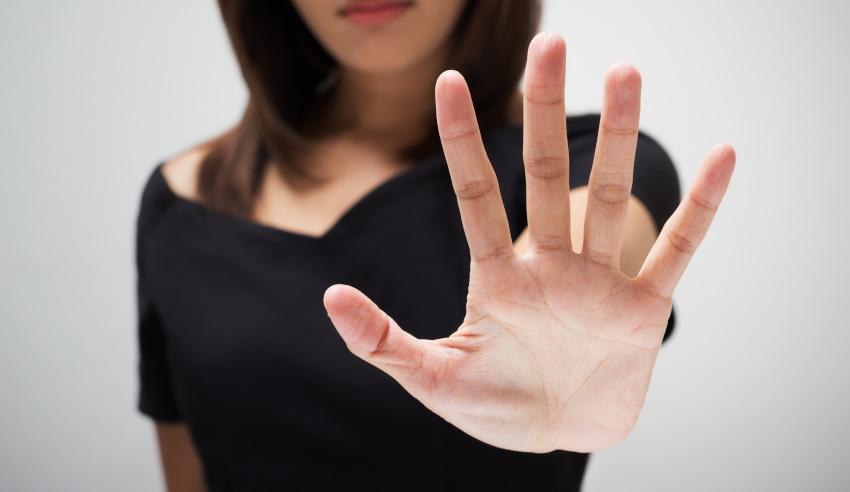The Australian Human Rights Commission yesterday launched what it is heralding as a world-first national inquiry into sexual harassment in the workplace, in the wake of the #TimesUp and #MeToo movements.

Sex Discrimination Commissioner Kate Jenkins announced the national inquiry, which will examine misconduct in Australian workplaces, saying the global conversation about sexual harassment had exposed the true prevalence of the problem and the harm it causes to individuals, workplaces and society.
“Importantly, the inquiry will provide employees, employers and all members of the public with an opportunity to participate in developing a solution to ensure Australian workplaces are safe and respectful for everyone.”
There is an appetite for change, Ms Jenkins said, as well as a growing realisation that sexual harassment is not inevitable, but rather unacceptable and preventable.
As such, AHRC has launched what it sees as a world-first national inquiry, as it is not aware of any other countries where a similar process has been established in response to #MeToo and #TimesUp.
“We need to continue working to create a society where this kind of conduct is unthinkable, and where sexual harassment at work is not something people simply have to put up with,” she said.
“I believe this national inquiry is a huge step in the right direction.”
AHRC is currently conducting the fourth national survey into workplace sexual harassment, with results expected to be released in August.
Early indications from that survey, Ms Jenkins said, show that rates of sexual harassment have significantly increased since the last survey in 2012.
Those findings will be used, she said, to identify the scale and nature of the problem across a range of industry sectors.
“We will examine the current Australian legal framework on sexual harassment, including a review of complaints made to state and territory anti-discrimination agencies,” Ms Jenkins noted.
“In making our recommendations, we will consider the changing work environment and existing good practice being undertaken by employers to prevent and respond to workplace sexual harassment.”
For Australia’s legal profession, the news follows the recent dismissal from Herbert Smith Freehills of partner Peter Paradise, who has since set up shop with a boutique firm, and the lawsuit against global firm Dentons and one of its senior managers.
It also comes after similar research was conducted in the New Zealand legal profession, in which “shocking” rates of sexual harassment were discovered in the nation’s legal workplaces.

Jerome Doraisamy is the managing editor of professional services (including Lawyers Weekly, HR Leader, Accountants Daily, and Accounting Times). He is also the author of The Wellness Doctrines book series, an admitted solicitor in New South Wales, and a board director of the Minds Count Foundation.
You can email Jerome at: